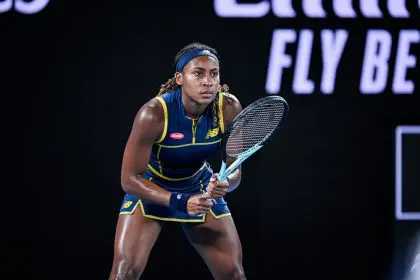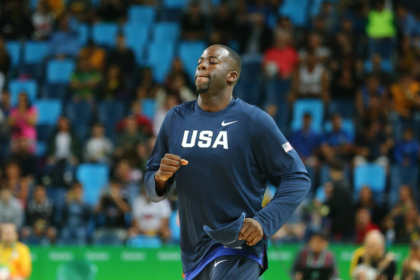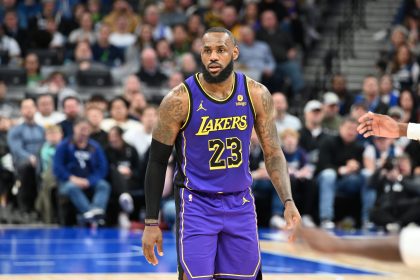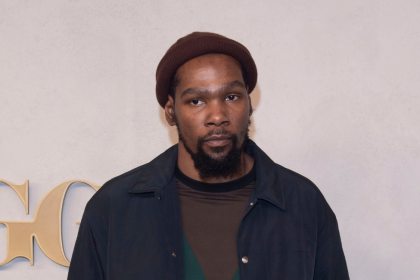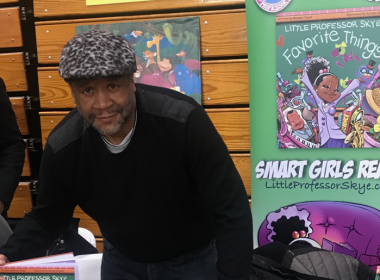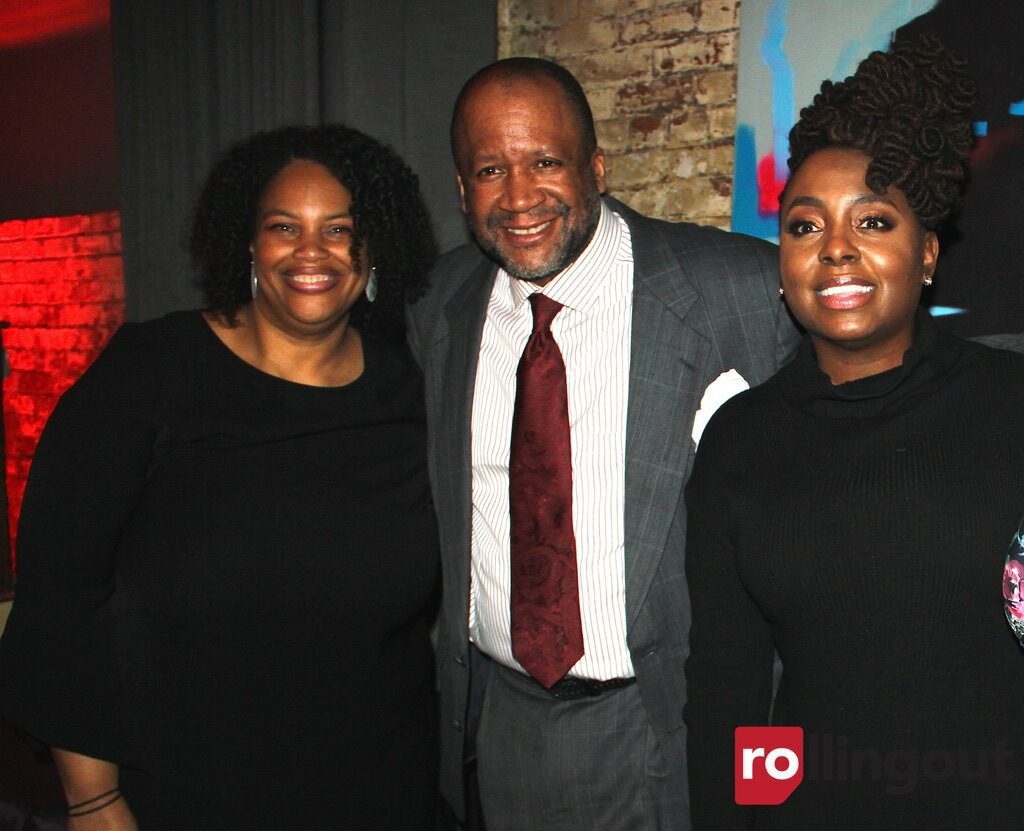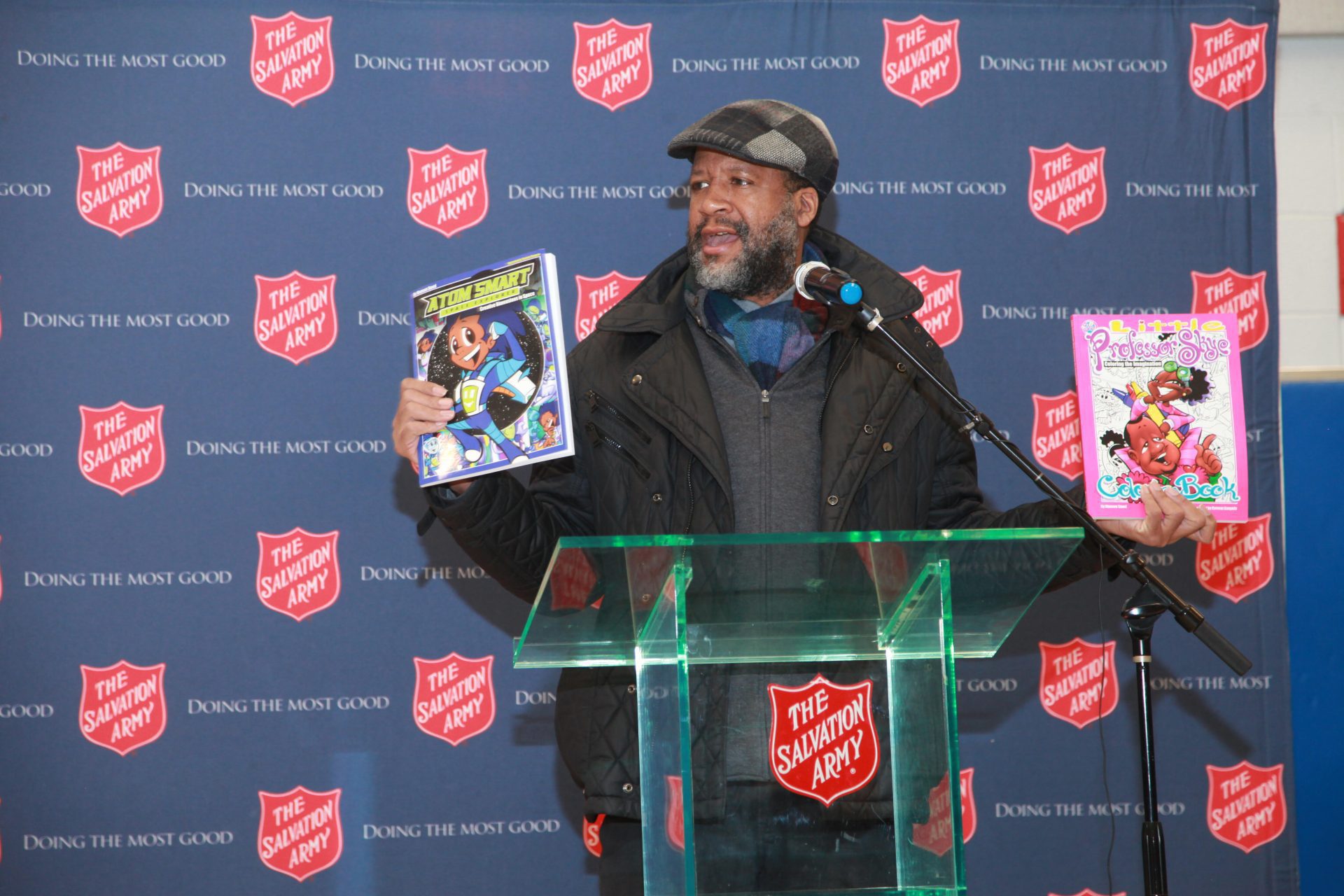LA Clippers owner Donald Sterling and the NBA have a secret that came to light. The NBA must decide how its real relationship in terms of the equitable and non-racial connection to an NBA that is 75 percent African American has disparities of economic and global proportions. The fact that Sterling and his racist actions were known among his peers not only toward African Americans but Hispanics (the most rapidly growing ethnicity) is alarming.
The $2.5 million is not the real issue, it is the disparity on which NBA teams and the relation of economic progress of the African American player and Players Union but also the African American community that supports it.
There are billions of dollars being made but no one is asking the real questions. These are a few that we ask now that the Sterling model allows us to ask: Are there management programs that recruit from HBCUs? Are there financial institutions such as insurance companies or African American owned banks that do business with the NBA? Is there advertising with local African American newspapers or PR firms? Does the NBA utilize African American ad agencies when advertising to larger companies like TNT?
The racist attitude that Sterling had may have been a result of the lack of broad scale business transactions with African Americans and the community, beyond talent. Let us not evaluate the NBA and Sterling only on racist attitudes but regarding the economic relationship that the NBA creates with the African American community. Let us not get lost on the conversation of Sterling’s racism, when there might be an evaluation of the NBA and its attitude towards doing business with the African American community at large. Lastly, can the hip-hop generation use this as an example of what the reality is for the African American community? His attitude was not a new black it was a continue attitude of how to misuse black new and old.
Does the NBA really evaluate racial practices both verbal and economic in nature? Will the evaluation include the kinds of economic parity that exists between the players and the community? Do you understand the impact of not doing business with African American banks? If the Chicago Bulls would place their money in the African American bank Seaway in Chicago, their deposits could make loans to the community? Or are the Atlanta Hawks using Citizens Trust, a black bank, to provide services to its community as well? These are real questions we should ask the NBA during this moment while looking at their relationships with the African American community. It is here that we would ask if the commercials shot by the NBA for the NBA done by African American firms? Are they utilizing Uniworld, Burrell or Common Ground to do business? Are they really reaching out to African American media publications to place ads in? These are real racist practices and we must see them as such.
It is raising the bar when the conversation is not only racial attitudes that one man, Silver, has exposed. The question for Commissioner Silver should consist of whether or not the NBA does business with the very community from which its talent comes. Don’t get moved by the PR on Sterling and not understand that the NBA plays a role. The $2.5 million that is said to go to a civil rights groups is all well and good. Instead of spending money instead of having a $250 million pool that fund African American communities. That each NBA put $10 million puts funds towards.
This is also a moment to discuss how we understand business. If the NBA gives money away then it goes away and doesn’t grow. Is the PR firm that is doing the crisis management in the African American community an African American agency?
It is ironic that Bob Johnson of BET and owner of an NBA team is not called upon to evaluate the presence of African American executives in the NBA. It is also ironic that African Americans owned not African American faced business owners who put money towards the African American communities. We ask that the communities reevaluate and ask Silver for economic parity and economic equality in his NBA doing business with African Americans business. Not just through diversity, but a true commitment and goal that reflects the players as well as the revenue for the young children who look up to LeBron and Kobe. NBA Scholars and HBCU recruitment programs are all just a start if the NBA is using the Sterling moment to create a more sterling reputation of the African American and Hispanic community.




